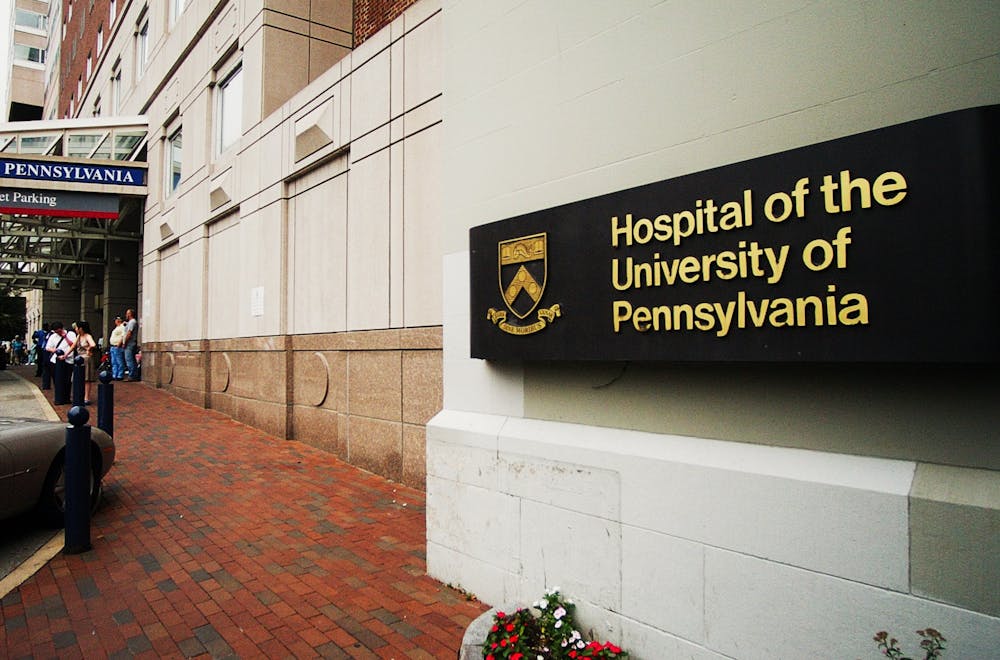
A recent Penn Med study found victims of gun violence face increased risk of unemployment, alcohol and drug abuse and post-traumatic stress disorder years after their physical injuries heal.
The study, published Nov. 20 in JAMA Surgery, looked at 183 gunshot wound patients who had been brought to Penn’s trauma center. The researchers surveyed the participants and compared their lives before and after being shot.
“When it comes to guns, we as a society and as researchers pay a lot of attention to deaths. That’s what the public outrage often focuses on. But what’s not captured are the people who survive,” lead author Michael Vella told the Washington Post. “What we found is these patients are facing long-term physical and mental health problems that just don’t go away over time.”
Vella, a former Penn Med trauma fellow, now works as a trauma surgeon at the University of Rochester.
The researchers found that 48.6% of people surveyed had positive screen findings for probable posttraumatic stress disorder. Unemployment and substance use also increased by 14.3% and 13.2% compared to a control group.
The researchers also found gun violence is harder to recover from than other types of severe injuries, such as car crashes, according to the Washington Post. Perelman School of Medicine professor Mark Seamon, a co-author of the study, said more research is needed to understand the cause of this difference.
“We also just don’t know enough about gun violence and what makes it so different than other injuries,” Seamon told the Washington Post. “I see it in my work as a trauma surgeon. Patients who can’t sleep, who say they can’t get it out of their heads. Other traumas may cause greater physical injury, but the mental toll from gun shots is deeper for some reason.”
The Daily Pennsylvanian is an independent, student-run newspaper. Please consider making a donation to support the coverage that shapes the University. Your generosity ensures a future of strong journalism at Penn.
Donate



